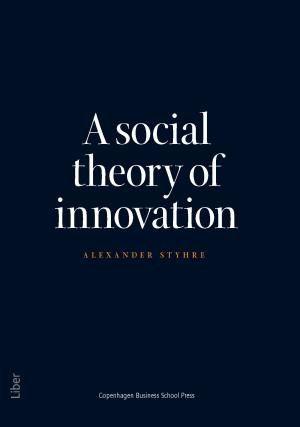A social theory of innovation makes a connection between innovation, economic agency and three complementary perspectives, i.e. those of playfulness, reciprocity, and squandering (the conspicuous and symbolic waste of excess resources), in terms of being three principles that underlie innovative and creative work.
Rather than postulating the homo oeconomicus model of economic agency, prescribed by neoclassical economic theory, as the only possible and legitimate image of economic agency, alternative models exist which in various ways contribute to our understanding of how and why innovation is produced in contemporary society.
A social theory of innovation draws on a diverse corpus of literature from management studies, economics, economic sociology, and the humanities to provide a less confined and narrow image of innovation and economic agency. This book is intended for undergraduate, graduate and post-graduate business school curricula in both economic sociology and other educational programs addressing the organization of the economy and society at large.



